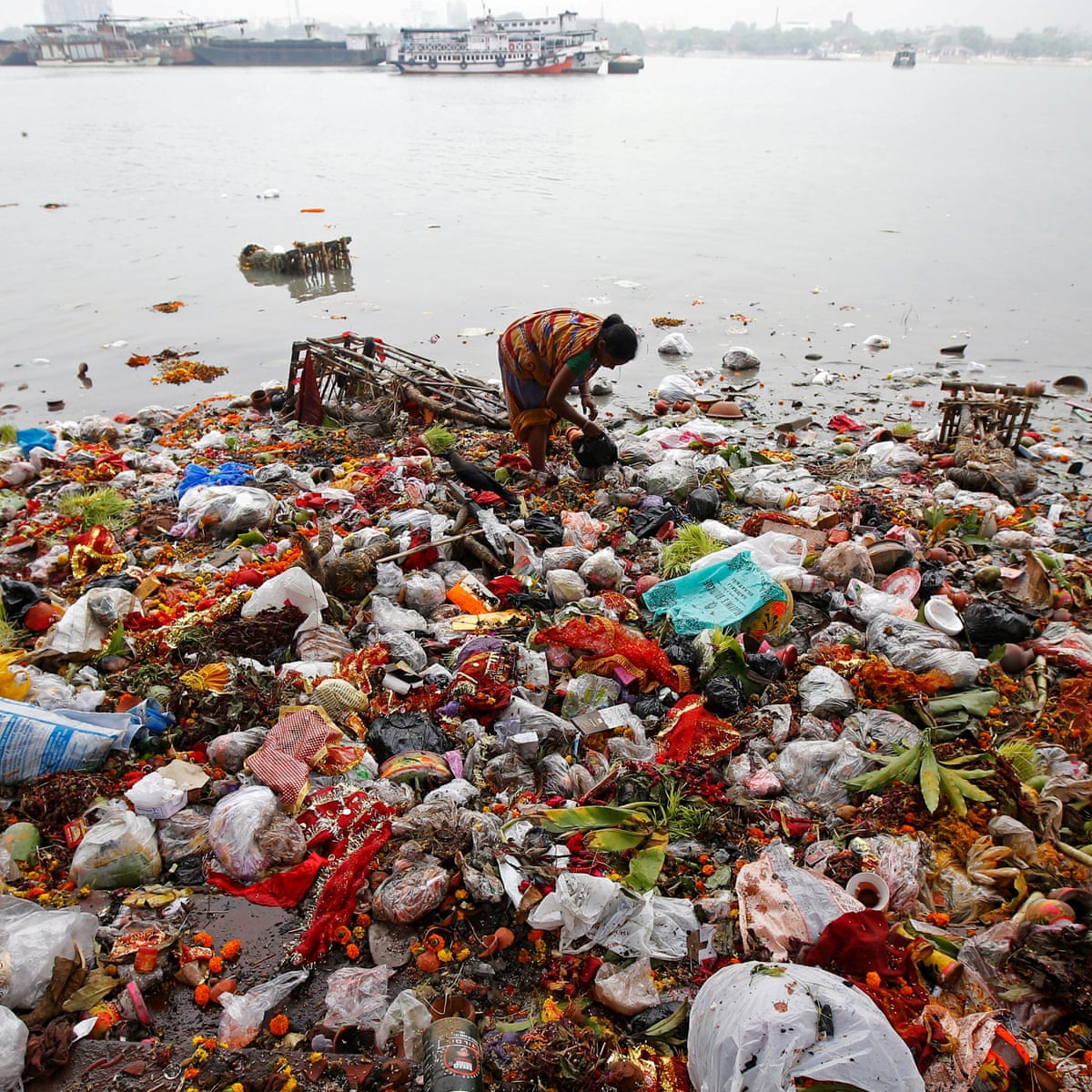A “Just Transition”
As you read this, international leaders, climate experts and activists are coming together at the United Nations Climate Change Conference, or COP26, in Glasgow, Scotland to determine where we are now, and what we need to do in the future, globally, to protect the earth from past, present, and future harm from fossil fuel emissions.
I have great hopes. We are awake now (younger people would say “woke”). We believe now. We have seen with our own eyes the devastation caused by climate change grow worse and worse. That is what it took for us to take serious action. And isn’t it wonderful that our own Pope is in the forefront of the calls for action? Isn’t it so amazing to be proud to be Catholic again – well, at least in this instance?
If we are to continue to be proud of the Pope’s and our own efforts, however, we must continue to call for a “just transition” to an economy that is regenerative and sustainable. As the Climate Change Alliance advocacy group states on its website: “If the process of transition is not just, the outcome will never be. Just Transition describes both where we are going and how we get there.”

This means, as the Pope says, “hearing the cry of the poor”. This means heeding the effects any changes may have on future generations. This means hearing what local people, threatened by dislocation and job loss due to changes in industries, have to say. This means looking at hard questions about reparations for those harmed by polluting industries and what jobs can replace those lost in the areas where the loss occurred.
But, notice: I haven’t written about us yet, about the impact of the climate crisis and the conference focusing on it on women and other gendered whom, some fear, may be overlooked once again. I also have not written about faith, even our Catholic faith, which could play a major part in speaking out for all the marginalized.
Luckily, others have. And we fit in beautifully.
Chris Herlinger, writing in the October 25, 2021 Global Sisters Report, spotlights Beth Blissman, a lay representative for the Loretto Community at the United Nations, who said “she hopes the movement is vocal in championing the idea of a ‘feminist Green New Deal,’ which recognizes ‘women’s time and labor, particularly unpaid labor’ and affirms the role of women in climate-related solutions.” Women, Blissman points out, “are first affected and last consulted” especially in fields like science and economics which are viewed as dominated by males.
Although we are often captivated by the possibilities of technology in resolving the crisis, Blissman also urges us to “address the issue of patriarchy, too” and its insidious systems which limit education for women and girls and ignore violence against them and allow them no voice.
I told you we fit in and so does our faith – and even our Faith.
For the faith perspective, Chris Herlinger introduces us to Sr. Sheila Kinsey, a member of the Franciscan Sisters, Daughters of the Sacred Heart of Jesus and Mary, who heads the “Sowing Hope for the Planet” campaign for the International Union of Superiors General, an organization representing the majority of the world’s sisters. Sr. Kinsey believes a “just transition” will be most successful if it incorporates religious faith. She emphasizes that “those working within religious traditions are often the ones who carry on work because they understand long-term implications.” (I told you we fit in.) Even more significantly, though, they see: “This is a new way, this new frontier we’re accepting, really looking at accepting the prophetic call that we’re being asked to bring forth in our church and in our world.”
Stephen Schneck of the Franciscan Action Network agrees. According to Herlinger, Schneck sees underlying the climate crisis, “spiritual crises — a turning-away of justice-based principles.” Schneck writes: “It’s a matter of the soul… It’s a moral imperative.” In a burst of optimism, he sees faith-based communities and even religious institutions as a uniting force for positive change:
Divisions between labor and industry, rich and poor, the global north and the global south, and even between conservatives and progressives potentially can be mitigated via religious appeals.

I’m usually optimistic, too, but I find myself fixated on the word “potentially”. We have certainly learned how long and difficult it can be to bridge divisions. We know “potentially” as a word both to tamp down and fire up expectations.
“The communities there feel that they’re a sacrificed zone and are continually a sacrificed zone,” Brown said. “They’re suffering from pollution now. Everybody else is using their energy. And yet with this transition, where are the jobs going to come from? … These are all ethical, moral imperatives. How do you address this and weigh the larger global issues and the local and the people? … Our faith doesn’t say we should sacrifice the few for the many,” she stated, “but we need to be thinking about the common good. I’m just not sure that we even in faith communities have grappled adequately with the complexities of our time in terms of these ethical moral issues.”
We, who are reading this, have grappled with ethical moral issues associated with our faith and Faith for a long time. We are intimately connected to this issue as people long committed to having all voices heard and respected and included. We fit in. We are in.

One Response
Consider:
http://www.pelicanweb.org/solisustv17n11page24.html
Prayers